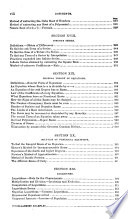 | Elias Loomis - Algebra - 1855 - 356 pages
...have log. 20 =x+l, log. 20000 = log. 2000=a;+3, log. 2000000=, &c. We have seen, in Art. 340, that the logarithm of any power of a number is equal to the logarithm of that number multiplied bv the exponent of the power. Hence, log. 4 =2x, log. 32 = log.... | |
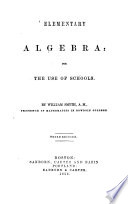 | William Smyth - Algebra - 1856 - 264 pages
...to t-tie with power, n mx 7V T m . U • JV f whence the logarithm of N" = mz ==m log. N. That is, the logarithm of any power of a number is equal to the product of the logarithm of this number by the expo* nent of the power. •ogarithms, we multiply the logarithm of the proposed... | |
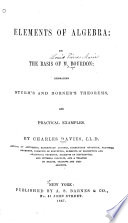 | Charles Davies - Algebra - 1857 - 408 pages
...«'* power, we have, a*.' = N'n (5). But from the definition, we have, nx' — log (N/n) ; that is, The logarithm of any power of a number is equal to the logarithm of the number multiplied by the exponent of the power. 233. If we extract the nth root of... | |
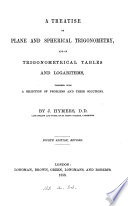 | John Hymers - Logarithms - 1858 - 324 pages
...diminished by that of the divisor. Since m — a", n = a", m a_ i fm\ ii .'' S" (n) = X~y= g" m ~ g° n' 9. The logarithm of any power of a number is equal to the product of the logarithm of the number by the index of the power. Since m = a", .: mr = (a*)" = a", .'. log„ (m') =rx = r log„ »»?, where r... | |
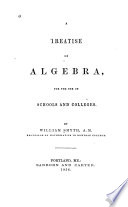 | William Smyth - Algebra - 1858 - 344 pages
...both members to the with power, we have a~ = 1r; whence the logarithm of y m = mx = m log y. That is, the logarithm of any power of a number is equal to the product of the logarithm of this number by the exponent of the power. To form any power whatever of a number by means of a table... | |
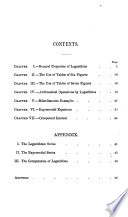 | William Henry Johnstone - 1859 - 80 pages
...n, or x = loga m, y = loga я l ,vm ax then — = — = a'.v, n ae = \ogam-logan. 7. ln any system, the logarithm of any power of a number is equal to the logarithm of that number multiplied by the index of that power. Let a' — m, or x = loga m ¡ then... | |
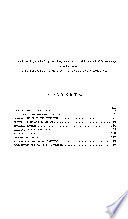 | Elias Loomis - Logarithms - 1859 - 372 pages
...-0.4753 divided by -36.74. INVOLUTION BY LOGARITHMS. (14.) It is proved in Algebra, Art. 340, that the logarithm of any power of a number is equal to the logarithm of that number multiplied by the exponent of the power. Hence, to involve a number by logarithms,... | |
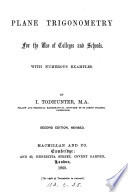 | Isaac Todhunter - 1860 - 318 pages
...therefore log. — = x — y = log. m — log. n. 138. The logarithm of any power, integral or fractional, of a number is equal to the product of the logarithm of the number by the index of the power. For let m = a* ; therefore m' = (»')' = a", therefore log. (mr) = xr = r log.... | |
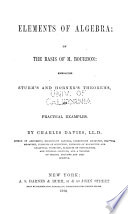 | Charles Davies - Algebra - 1860 - 412 pages
...power, we have, a«' = N'a ..... (5). But from the definition, we have, nx' — log (N'*) ; that is, The logarithm of any power of a number is equal to the logarithm of the number multiplied by the exponent of the power. 233. If we extract the nth root of... | |
 | Henry Lee Scott - History - 1861 - 674 pages
...difference between the logarithm of the dividend and the logarithm of the divisor ; and the logarithm of the power of a number is equal to the product of the logarithm of the number by the exponent of the power ; and the logarithm of any root of a number is equal to the logarithm of the number divided by the... | |
| |